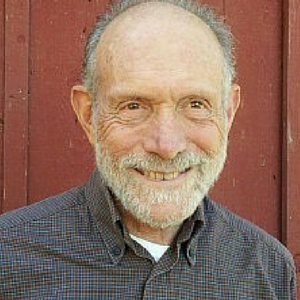
I cut my teeth as a political activist in the famous Free Speech Movement of 1964-65, and still get emotional when I hear some of the fiery speeches of Mario Savio from that day. Though the issue that sparked the movement was racism (discrimination in housing, to be exact) the rallying cry was free speech and it was free speech for which we were ready to sacrifice our careers. I was still at Berkeley two years later, now as a faculty member, when FSM II came along, and now the ‘freedom’ sought was the right to shout obscenities into a loudspeaker system in the same square where Mario had honed his rhetoric two years before. FSM now stood for “Filthy Speech Movement.” While politicians and some administrators were busy dismantling what we had fought for, students themselves made their work easy by trivializing and vulgarizing the little enough that we achieved. Even the most stalwart fighters for free speech in our movement now point out that they were talking only about ‘consequential speech,’ not trivializing speech – provided you can tell the difference and agree on it.
But now we are facing a misuse of the noble ideal of free speech that is far more dangerous. I heartily praise Pope Francis for declaring in public in the wake of the Charlie Hebdo demonstrations that “freedom of speech does not include the right to insult someone’s religion.” To insult someone’s religion, to paraphrase a famous edict of Emperor Ashoka (304–232 BCE), is to disgrace one’s own. To insult the religion of people who are touchy about it and ignorant enough to kill in retaliation is downright insane.
How can we protect free speech without opening the door to these abuses? We can perhaps try to create actionable guidelines between “hate speech” or “fighting words” (as racial slurs are called on the Berkeley campus) and legitimate freedom of expression – a sine qua non of democracy – but I’m afraid it will be very difficult. Remember that just as some four million French men and women marched to assert their free speech rights, French Muslims were put in jail for expressing sympathy with the Charlie Hebdo attacks. As Gandhi pointed out, you are no real lover of freedom if you only want your freedom and don’t care about others’.
He also said, when he was approached about signing the Declaration of Human Rights, “Let me know when you have a declaration of human duties.” He felt that rights were very hard to define, agree upon, and secure, but if one took her or his duties seriously the rights would take care of themselves. This applies perfectly to the present case: if people take seriously their responsibility to respect others (not to mention to use their common sense) we will soon find that the right to free speech is easy to define and defend.









Thanks for this post, Michael. I recently had a “discussion” (well, via text) with a friend who felt strongly about condemning and speaking up against Islam, because the person felt that the religion promotes violence and thus needs major reformation. In this friend’s view, if we do not speak up against the ideology, we are accepting violence. So I’ve been thinking about the perspective – how do you feel about this?